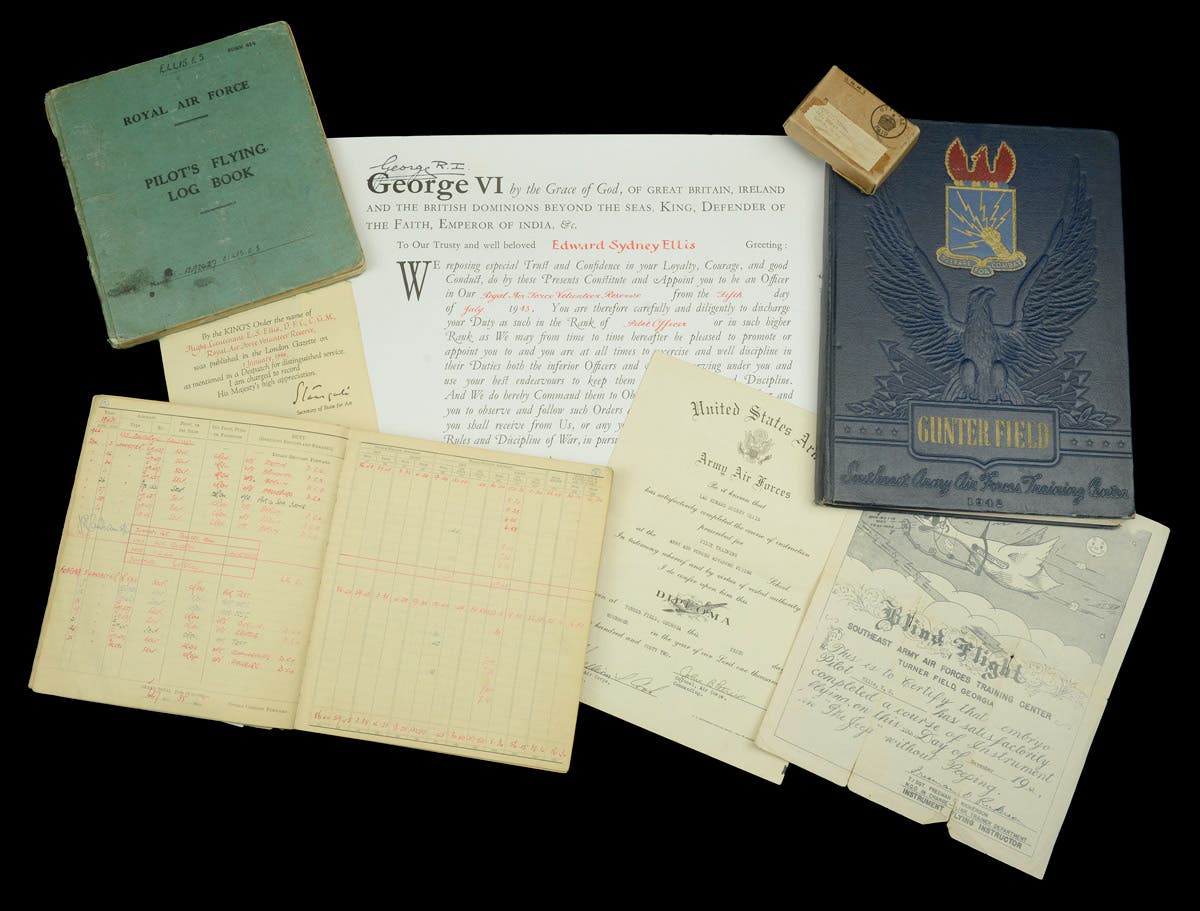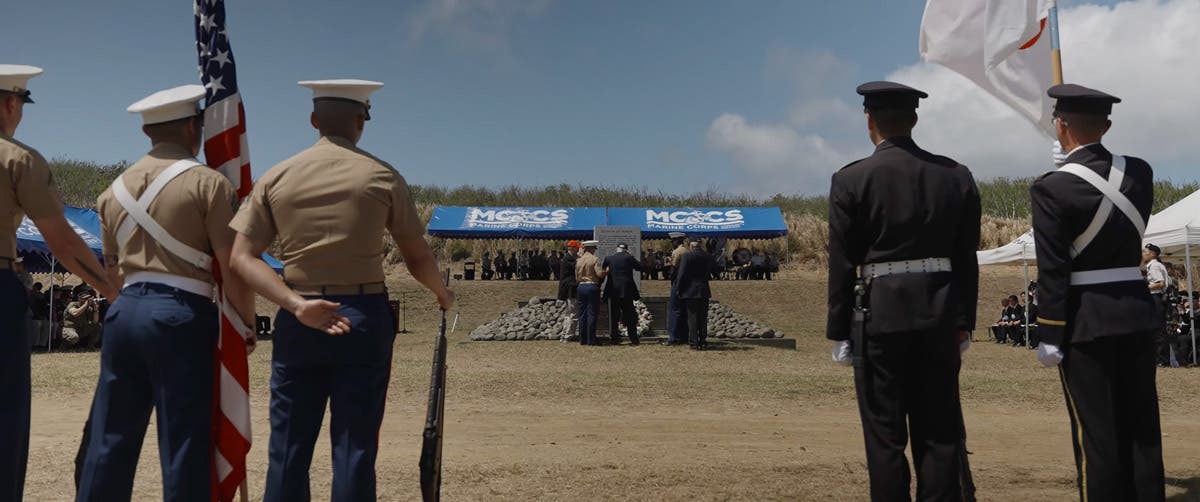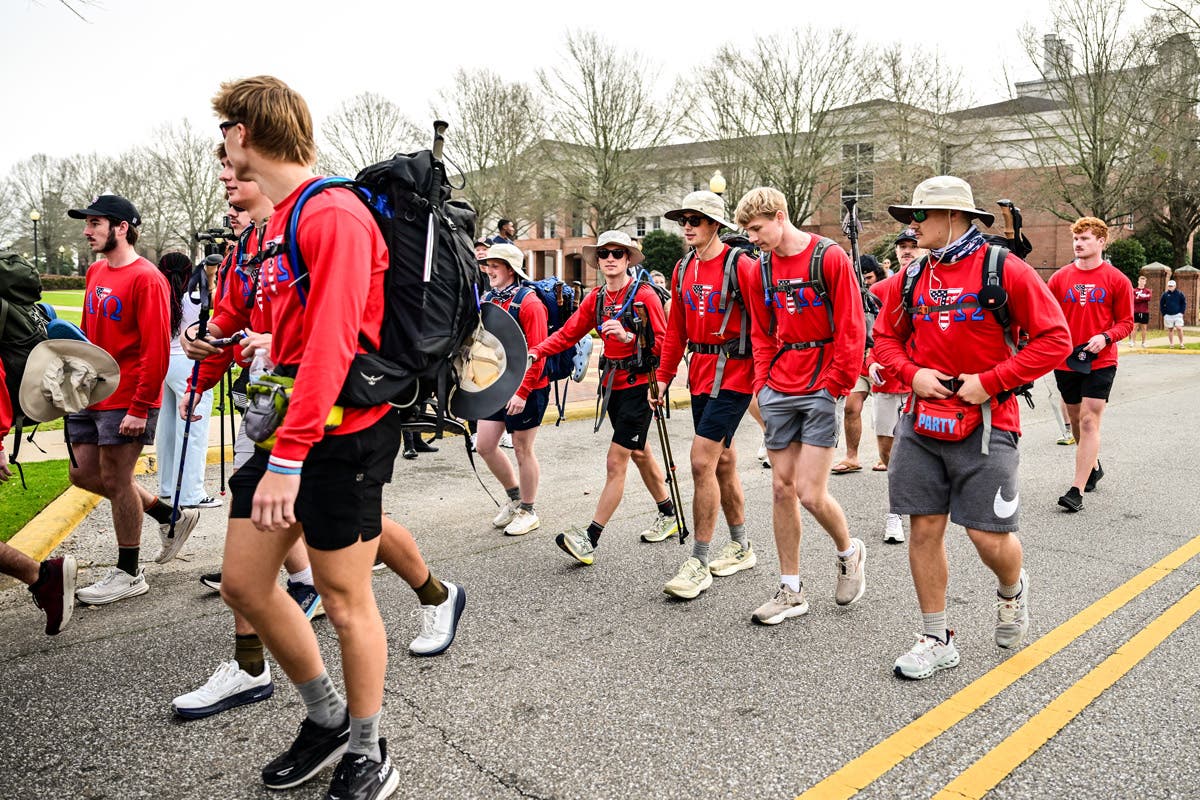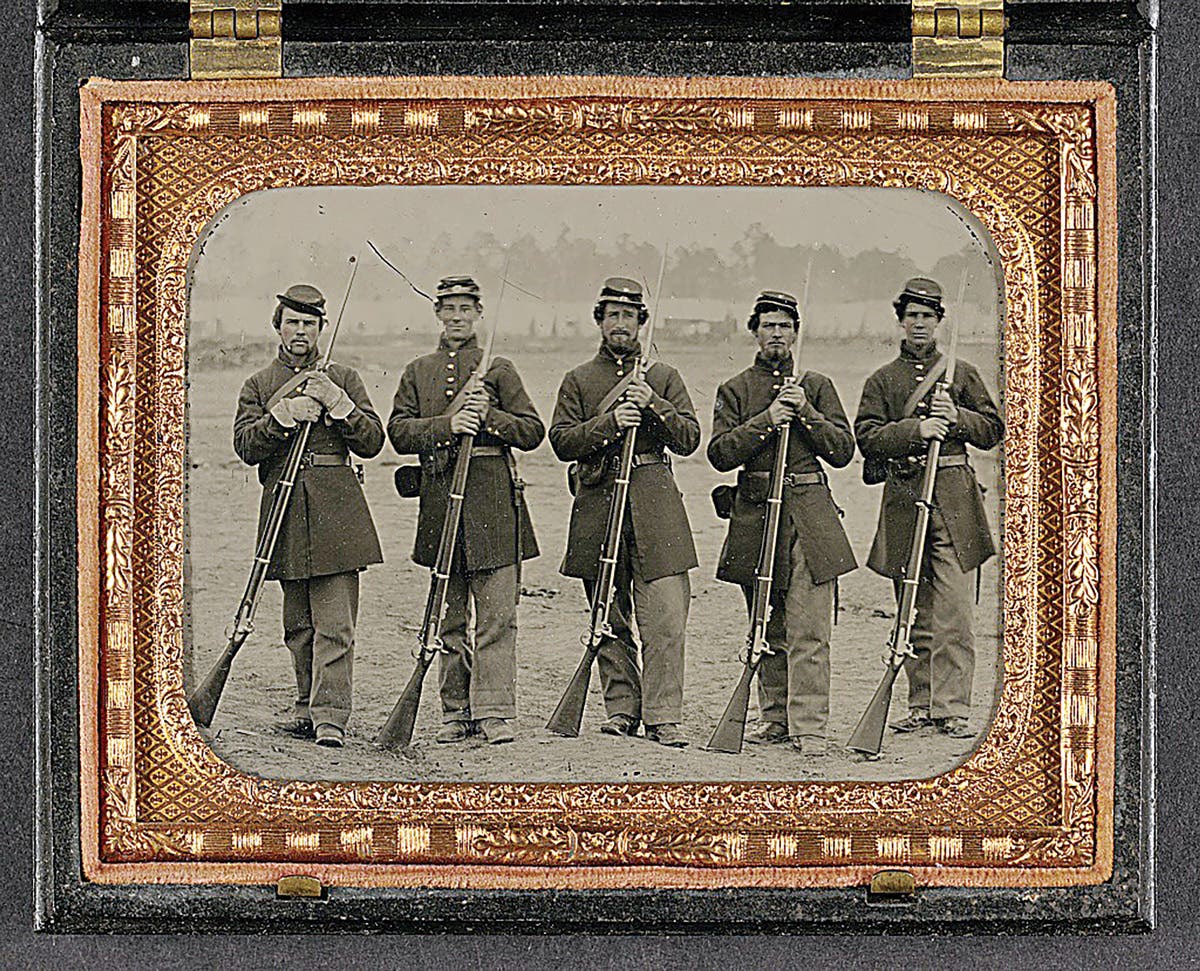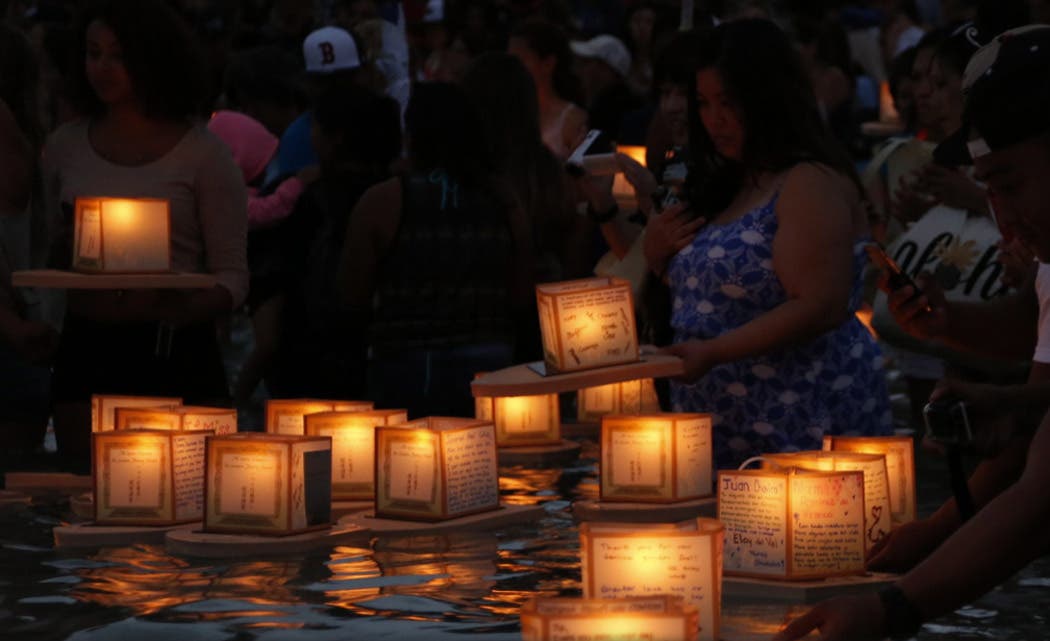A Giant of a Soldier
Obie Newton by Ron Norman “Oregon Pioneer Passes Sunday” is the title of the Obie Hardy Newton’s obituary who died September 29, 1957. Born in Gainesville, Texas, in 1884, Obie was…
Obie Newton
by Ron Norman
“Oregon Pioneer Passes Sunday” is the title of the Obie Hardy Newton’s obituary who died September 29, 1957. Born in Gainesville, Texas, in 1884, Obie was described as a pioneer who came to Oregon in a covered wagon with his parents from Texas in the 1880s on “The Old Oregon Trail.” He grew up on the family farm with his brothers and sisters. He decided to attend Oregon State Normal school to become a teacher. In college, he was in the Glee Club and also a member of the football team. In school pictures, he is usually found in the center middle or rear — apparently the tallest person in the class.
Obie is usually described as about “six foot three and around 210 pounds.” That would make him more than half-a-foot taller than the average US soldier who stood about five feet, seven-and-half inches in 1880.
While there is scant records of what Obie did immediately after graduated, he shows up in the records as having attended and graduated as a Third Lieutenant from the Officer’s School of the Philippines Constabulary, on March 15, 1910. This was the beginning of a nearly nine-year career in the Constabulary.
From 1910-1913, Lt. Newton served in Pangasinan and Laguna. These were relatively quiet provinces with only occasional skirmishes with and between the natives. There, he would have served more as a person of authority to help develop relationships with the native people. Because of his stature (nearly a foot taller than the average Filipino man!), he had a natural tendency to appear as a figure of authority. During this time, he was promoted to Second Lieutenant in 1911.
His next duty area was Misamis and Bukidnon where he continued to work from 1913 to 1916 more as a diplomat than a soldier.In 1915, he rose to the rank of First Lieutenant. The following year, in 1916, he served in Sulu and was there during the Moro Campaigns.
In 1918, he attained the rank of Captain. He continued to be more of an administrator and government official working with the natives than a field officer.
In his book, The Story of the Philippine Constabulary, Harold Elarth states, “The role of the Constabulary officer in this drama of jungle warfare was singularly varied: Soldier, diplomat, judge, nemesis, mediator, [and] benefactor.” Elarth asserts that many young officers were just not able to be both a fighter and a diplomat, forcing them to quickly retire from the Constabulary.
Obie Newton served almost nine years in the Constabulary before he retired. Apparently, he was well-liked and respected, having risen to the rank of Captain and having been appointed by the Governor General to be the Justice of the Peace for the municipal districts of the Department of Mindanao and Sulu — a large and important area dealing with the Moro natives. For a person to serve both as a Captain of the Constabulary and Justice of the Peace, shows that Obie Newton was highly respected by both the people of the Moro district but also by the Constabulary and the US Government in charge of the Philippines.
While there is little written about Obie Newton having served in battle, his records show how well he was respected by the people of the Philippines. Newton may have saved many lives during his service but one occasion stood out. He was most proud of having been instrumental in getting a rule or law passed that required young girls to attend school. Up until then, it was not allowed.
Perhaps Obie Newton did not save many lives in battle, but there can be little doubt that his efforts to see that women were educated may have indirectly or possibly directly improved or possibly saved many lives. These efforts certainly contributed to the positive image of the US Government and the Constabulary.
When Obie retired, he returned to Oregon where he became a farmer once again. He was a highly respected citizen of his community and a lifetime member of his church.
Obie Newton quietly passed away in his chair at the age of 73 in 1957. Apparently his personal items including his Philippine Constabulary things and photo albums were left to his favorite sister, Jessie. It was from her estate that I was able to acquire Obie’s Constabulary-related items.
The Philippine Constabulary items from Captain Newton’s collection include his rare Constabulary sword. It is unique in that it has had emerald inlaid in the guard (probably as a gift). Also in the collection were may of his official military documents including all of his promotions and the official “Justice of the Peace” appointment. Finally, the group included his personal photo album from the Philippines containing his photos as a Constabulary officer.
I have written this article to HONOR “The Gentle Giant” who was a quiet and unassuming man who in his time and place served his country as best as he could. I know that there are probably thousands or possibly many hundreds of thousands of people whose lives were made better because of Captain Obie Hardy Newton U S Philippine Constabulary.
“May he now rest in peace for a job well done and a quiet honorable life.”
Ron Norman is a lifetime collector. He is a past president and Honorary Life member of the Florida Gun Collectors Association; past president of the Sarasota County Historical Society, past member of the Tallahassee Board of Historical Preservation, and author of several articles on militaria and firearms. He is a regular contributor to Military Trader.

